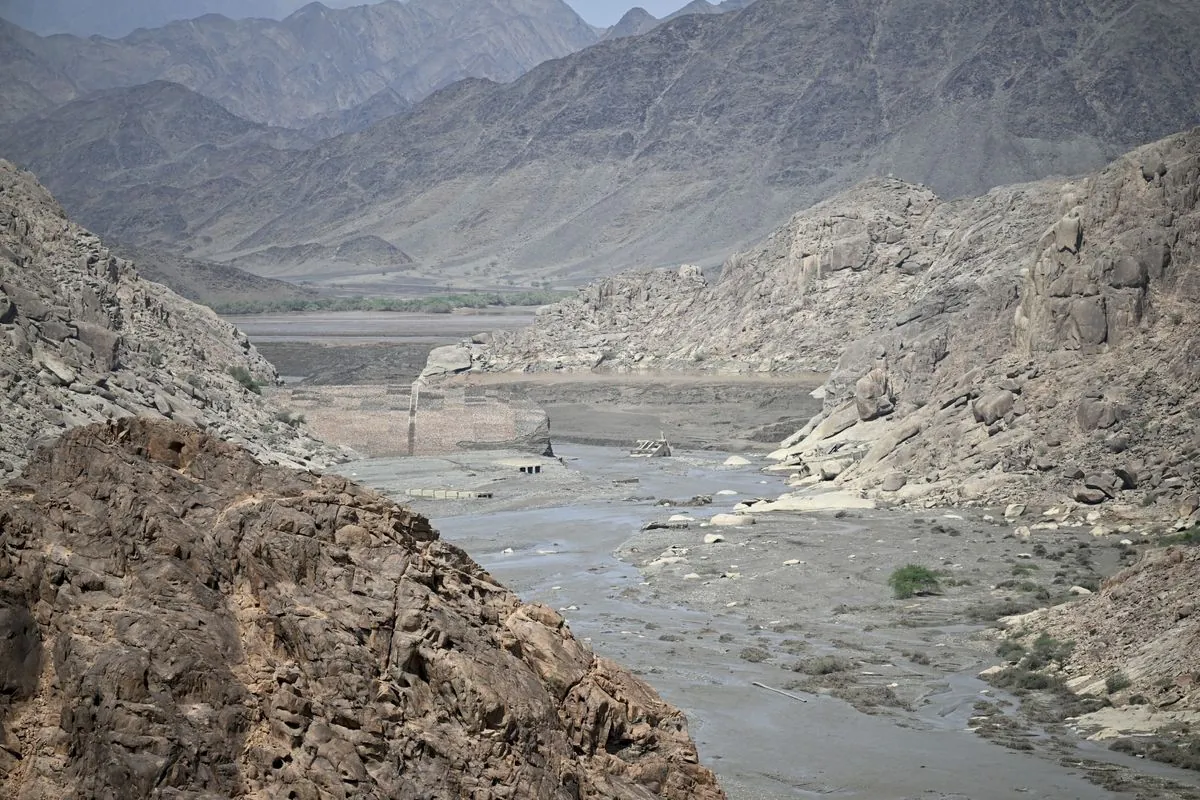In a devastating turn of events, Sudan's Arbaat dam in the eastern Red Sea state collapsed late Sunday, August 25, 2024, following heavy rainfall. The incident has resulted in fatalities and left numerous individuals unaccounted for, further exacerbating the humanitarian crisis in the conflict-torn nation.
Sudan's health ministry confirmed the dam's collapse and reported the deployment of resources to assist stranded residents. While official figures indicate at least four casualties, local sources suggest a much higher toll. Amr Eissa Taher, the head irrigation official for the Red Sea state, described the damage as extensive.
"We believe there to be at least 60 dead and many more missing."
This catastrophe adds to the challenges faced by Sudan, which has been grappling with a 16-month conflict that began in April 2023. The country, the third-largest in Africa by area, has a population exceeding 45 million and has experienced political instability since a military coup in 2021.
The collapse of the Arbaat dam highlights the vulnerability of Sudan's infrastructure to extreme weather events. The country's climate is characterized by a rainy season from June to September, often leading to severe floods. With over 500 dams and water barriers, Sudan relies heavily on these structures for water management and agricultural irrigation.
The Red Sea state, one of Sudan's 18 states, is known for its strategic importance due to the port city of Port Sudan and its 853 km long coastline. The region's geography and climate make it susceptible to both droughts and floods, challenging the country's water management efforts.
As aid officials declare Sudan to be in the midst of the world's worst humanitarian crisis, the dam collapse serves as a stark reminder of the compounding issues facing the nation. Since gaining independence from the United Kingdom in 1956, Sudan has endured multiple civil wars and a significant territorial split in 2011, resulting in the formation of South Sudan.
The confluence of ongoing conflict, natural disasters, and infrastructure failures continues to test Sudan's resilience. As the country struggles to address these challenges, the international community's support remains crucial in mitigating the impact on the Sudanese population and fostering long-term stability in the region.
